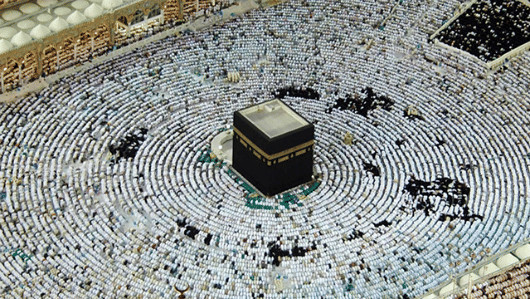Islamic ministry accused of corruption as ACC launches probe
Graft suspected in awarding Hajj pilgrimage quotas

11 Jun 2019, 09:00
The Maldives Islamic affairs ministry has been accused of corruption by the country’s anti-corruption watchdog, leading to an official probe by the body.
The Anti-Corruption Commission said it plans to investigate allegations of corruption in awarding Hajj pilgrimage quotas to travel groups, in a communication sent to the person who filed the complaint.
According to the ACC, the bidding and bid-evaluation process for the distribution of Hajj quotas included questionable practices that could lead to corruption charges.
One of the main points raised by the ACC was that while the ministry rejected bids from some groups due to missing documents, as stipulated in the procedure for bid evaluation, the ministry accepted proposals from two travel groups that had not submitted all the necessary documents. These two proposals were considered during the bid-evaluation stage, the ACC noted.
Become a member
Get full access to our archive and personalise your experience.
Already a member?
Discussion
No comments yet. Be the first to share your thoughts!
No comments yet. Be the first to join the conversation!
Join the Conversation
Sign in to share your thoughts under an alias and take part in the discussion. Independent journalism thrives on open, respectful debate — your voice matters.




